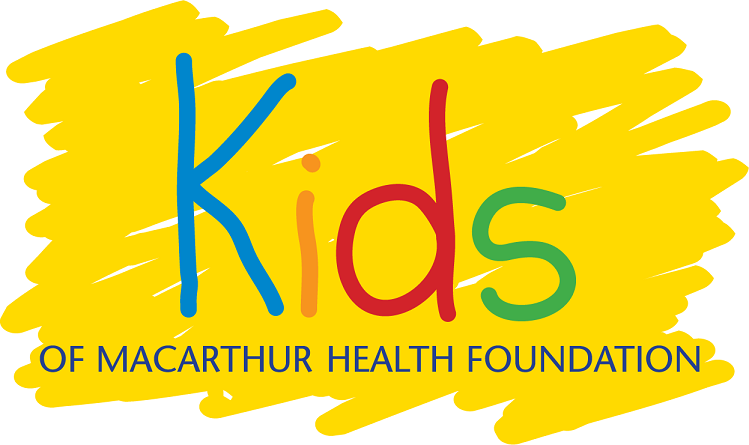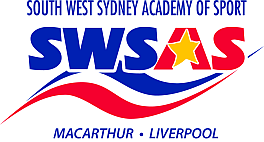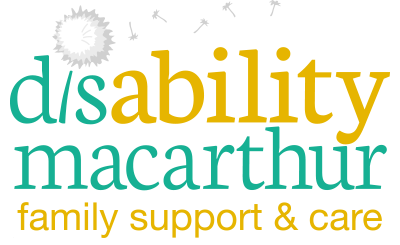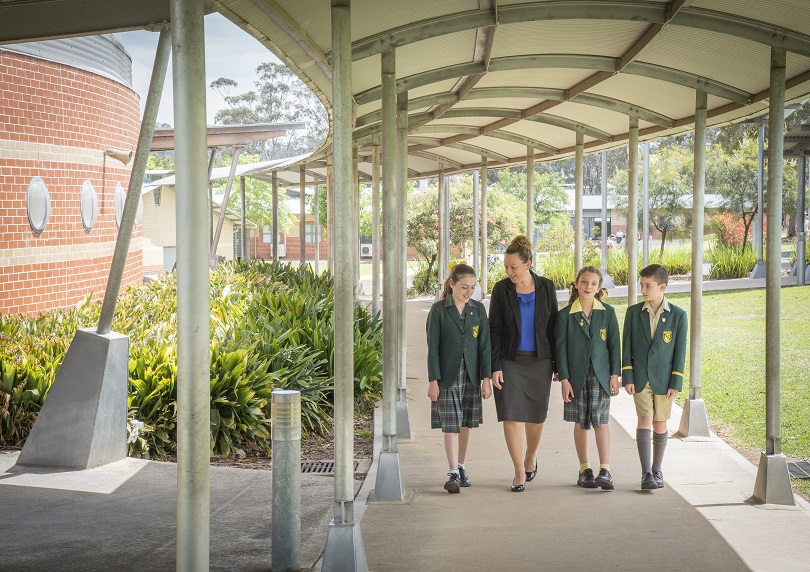
One local school has decluttered the curriculum it offers students in a pivot aimed at focusing on essential learning and on quality over quantity.
Macarthur Anglican School dean of studies, Kylie Elling, says there was plenty of discussion surrounding the curriculum prior to the pandemic.
However the move to online learning brought about more rapid change.
“In many respects, the pandemic forced us to slow down and determine what the essential learnings should be,’’ says Ms Elling.
“Teachers had to move to online teaching and learning in a matter of days and as a consequence they focused on deep learning and critical concepts, knowledge, understanding and skills.
“For a while now, educators have been forced to ‘skate across the curriculum’ given it was so content heavy.
“The pandemic has allowed us to provide more opportunities for deep learning. It’s the well-worn quality over quantity argument,” Ms Elling said.
The NSW Curriculum Review, conducted by Professor Geoff Masters for the NSW Education Standards Authority (NESA), found the current curriculum:
is cluttered, with not enough time to focus on deep learning;
leads to some students unable to gain access to solid foundations in English and Mathematics they need and deserve;
creates instances where not all HSC subjects have clear links to further study and career pathways.
“Prior to the NSW Government releasing their report and findings, we’d adopted many of the ideas,’’ says Ms Elling, pictured here and above with students.
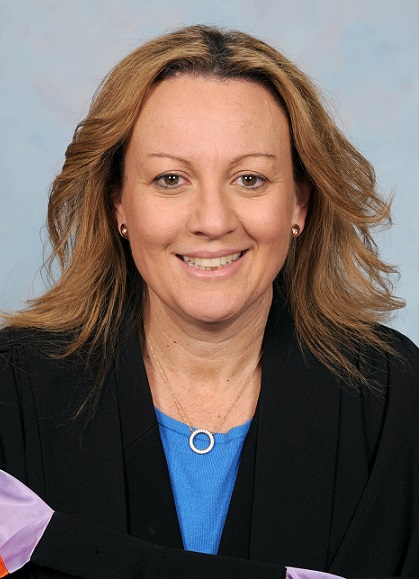
“As an independent school, we can adapt and change in ways that other schools cannot.
“We still adhere to all the requirements of the curriculum content and outcomes, but we can deliver this in our own way and our recent experience of online learning really reinforced this.”
Macarthur Anglican School, located at Cobbitty, has more than 930 students across transition (pre-kindergarten) to Year 12, and all of those students moved to an online teaching and learning model in March.
“At the beginning of the Covid online learning period, each of the faculty groups met via video conference and discussed the essential learning outcomes for each year group which were derived from the Syllabus,’’ Ms Elling said.
“Teachers adapted the content to ensure the basic fundamentals were covered. We knew there was no point in teaching our students science concepts if they couldn’t read and write at the required level. Instead, we used the science content to reinforce the basic skills of reading and writing, especially for our younger students.
“We used the pandemic to enhance the teaching and learning.
“For example, in Stage 6 Legal Studies students looked at the law reform in achieving equality, fairness and justice. In this way, our students have rich dinner table conversations with their families and learned something very relevant.’’

